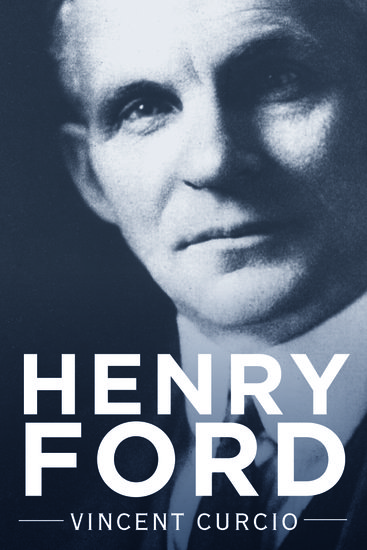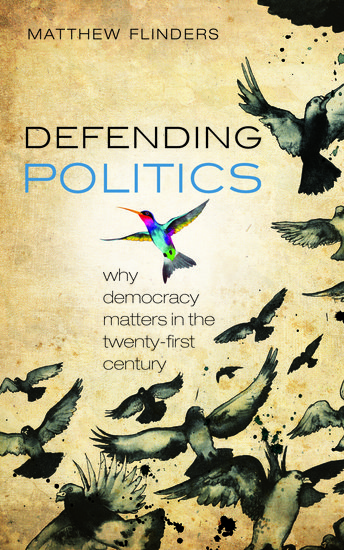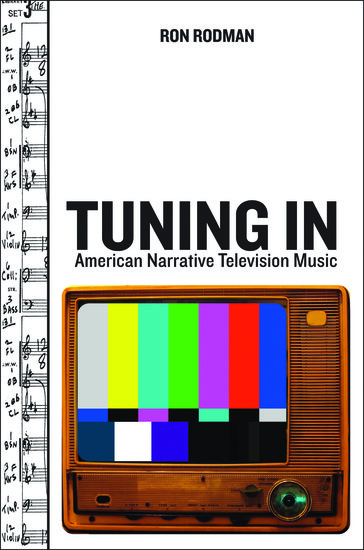Celebrating 100 years of Indian Cinema: a quiz
By Alana Podolsky
On 3 May 1913, Raja Harishchandra, the first Indian feature-length film, premiered. Since then, India’s film industry, mostly known as Bollywood but operating outside of Bollywood’s Mumbai base as well, has become the world’s most prolific film industry — 1325 films were produced in 2008.





















